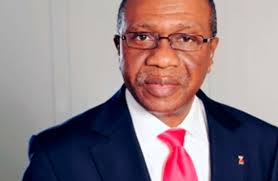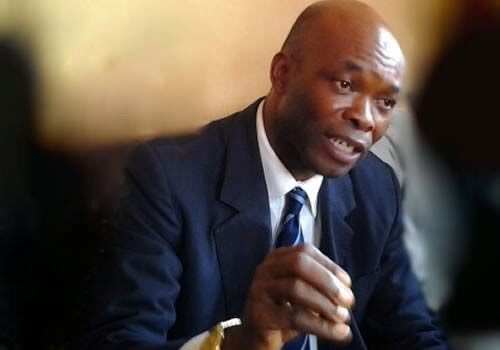Monetary Policy Committee (MPC) of the Central Bank of Nigeria (CBN), on Tuesday retained the benchmark Monetary Policy Rate (MPR) at 13 per cent while also harmonizing Cash Reserve Ratio at 31 per cent.
Before now, The CRR for private sector deposits was 25 per cent, while that of the public sector was 75 per cent.
The committee voted unanimously to arrive at the decision
According to a communiqué issued at the end of their two-day meeting, the MPC noted that “a harmonisation of the CRR was imperative in order to curb abuses and improve the efficacy of monetary policy.” It was signed by CBN Governor and MPC chairman, Godwin Emefiele.
“The current discriminatory CRR on public and private sector deposits has not only constrained the policy space, but could inspire moral hazard by private market participants,” the regulator said.
The committee noted that monetary policy is gradually approaching the limits of tightening, hence the need for complementary fiscal and structural policies.
The communique further disclosed that members were also of the view that the anemic recovery in the Euro Area and Japan and tepid growth conditions in China constitute an additional drag on prospects for crude oil exports.
Still on the external sector, the communiqué warned that “the decline in trade balance, which commenced in the second half of 2014, could persist over a much longer period with further implications for public revenues and external reserves.
“First, the prospects of monetary policy normalisation in the U.S with attendant iit said, ncrease in global interest rates and accentuating capital flow reversal, which could further exacerbate tightness in global financial conditions and create further pressure on the naira.
“Second, the continued glut in crude oil supplies amidst softening prices, anchored by sluggish global output expansion could further threaten foreign exchange earnings and accretion to external reserves over a much longer period. A near- term rally in oil prices is further undermined by the diminishing market power of the Organisation of the Petroleum Exporting Countries (OPEC).”
The MPC also noted the salutary effects of the successful conduct of the 2015 general elections on the macroeconomic environment, expressing optimism that the confidence and goodwill arising from the polls would stem the spate of capital reversal, reduce pressure in the foreign exchange market and stabilise the financial markets in the short to medium term.
The committee expressed concerns about the creeping headline inflation since January 2015, but noted that the causal factors were largely transient and outside the purview of monetary policy, adding that “furthermore, the significant rising trend in credit to government was regarded as potential headwinds to growth with negative spillovers to the already elevated lending rates, credit to the private sector and aggregate domestic investment including inflationary pressures.”
Analysts at Standard Chartered Bank expressed surprise at the decision to harmonise the CRR and retain other rates, saying that the full impact of these measures would however “depend on the policy steps that are implemented soon after Nigeria’s political transition on 29 May.
Currently, with growing anecdotal reports of public-sector arrears involving the payment of salaries by state governments as well as payments to contractors, this combination of measures is likely to signal an eventual tightening of policy.
Ms. Razia Khan, Head, Africa Macro, Global Research of the bank, noted that “public-sector deposits in the banking system have been under pressure for some months – following the reduction in oil prices and consequent pressure on the monthly allocation of oil earnings to the three tiers of Nigerian government (the Federal Accounts Allocation Committee). Plans to eventually move to a more comprehensive Treasury Single Account (TSA) should, in future, reinforce the tightening bias of the CRR harmonisation. Private-sector deposits are expected to dominate the Nigerian banking system. The private-sector CRR hike is therefore the more important element of the harmonisation.” She added that while “comments by the CBN governor suggest that no restrictions are in place, the current system is unlikely to be sustainable, given that FX (foreign exchange) reserves bear the brunt of Nigeria’s adjustment to external shocks.














